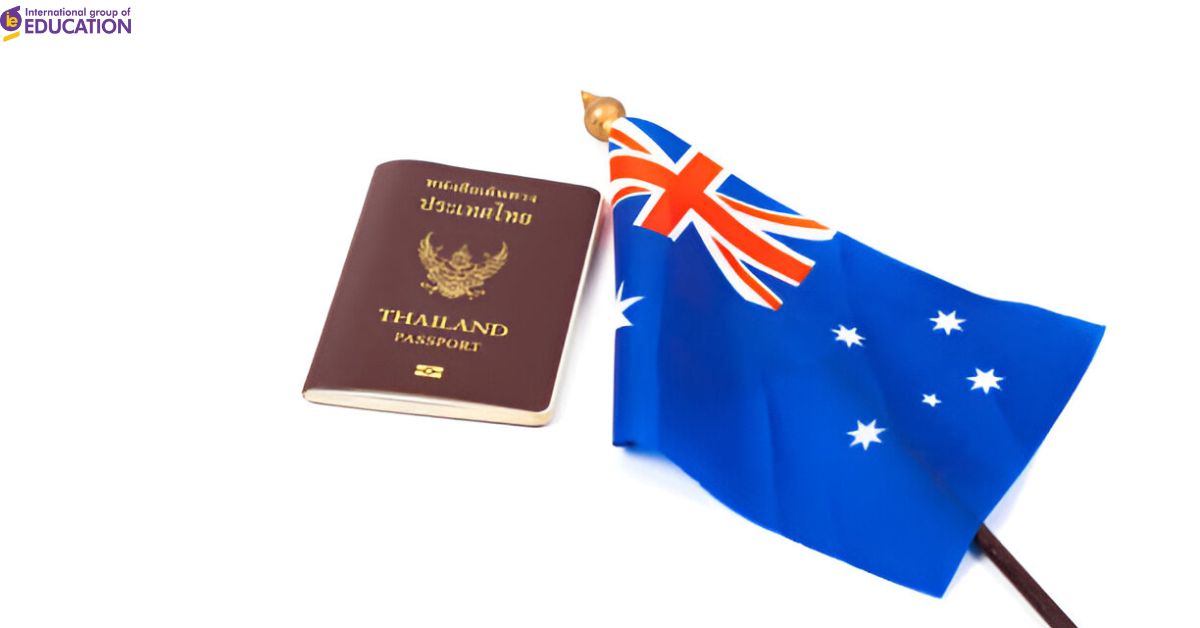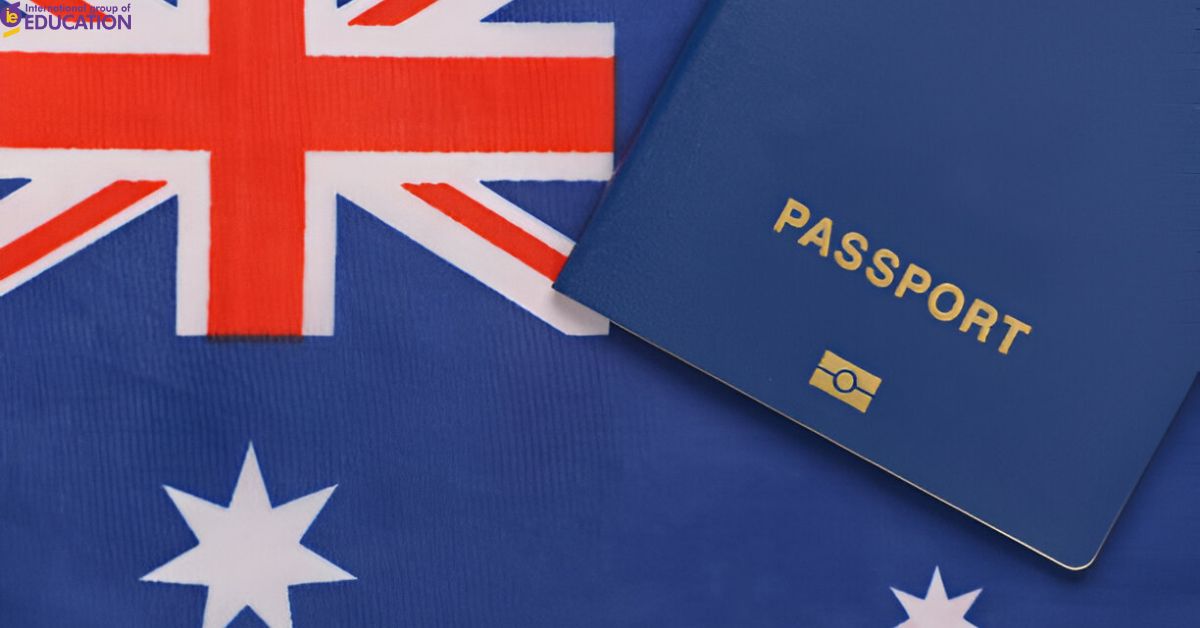Studying overseas is a dream many students worldwide, including those from Pakistan, share. But when it comes to making that dream a reality, understanding the financial implications is crucial.
Canada, with its high-quality education system, diverse culture, and welcoming environment, has become an increasingly popular destination for Pakistani students. This blog post will break down the various costs involved in studying in Canada, helping you plan and manage your finances more effectively.
Why Choose Canada? An Overview for Pakistani Students
Canada stands out as an educational hub for many reasons. First and foremost is the quality of education. Canadian universities are renowned globally, providing degrees that are recognized and respected worldwide. Furthermore, Canada emphasizes research, giving students ample opportunities to enhance their academic experience.
Additionally, Canada’s multicultural environment helps international students feel at home. With vibrant Pakistani communities in cities like Toronto and Vancouver, students can enjoy cultural connections while immersing themselves in a new and diverse setting.
Lastly, safety and quality of life are top priorities in Canada. The country consistently ranks high in global quality-of-life indices, ensuring that students not only get a world-class education but also live in a safe and supportive environment.
Benefits of Studying in Canada
Studying in Canada offers numerous benefits beyond academics. One significant advantage is the opportunity for work experience. International students can work part-time during their studies and full-time during breaks, providing valuable work experience and financial support.
Another benefit is the possibility of permanent residency. Canada offers pathways for international students to transition to work permits after completion of education and eventually, permanent residency. This makes Canada an attractive option for those looking to make a long-term move.
Furthermore, Canada’s focus on innovation and research means students can engage in cutting-edge projects, enhancing their learning and career prospects. The country’s commitment to inclusivity and diversity ensures that all students feel welcomed and valued.
Understanding Tuition Fees
Average Tuition Costs for Undergraduate Programs
The cost of tuition can vary widely depending on the university and program. On average, undergraduate programs in Canada cost between CAD 15,000 and CAD 30,000 per year. Fields like humanities and social sciences tend to be on the lower end, while engineering and medicine can be more expensive.
Average Tuition Costs for Postgraduate Programs
Postgraduate programs generally cost more than undergraduate programs. Students can expect to pay anywhere from CAD 14,000 to CAD 50,000 per year, depending on the course and institution. Specialized programs such as MBA or medical degrees may even exceed this range.
Cost Variations by Field of Study
Your field of study significantly impacts tuition fees. For instance:
- Engineering and medicine programs are usually more expensive due to the resources required.
- Arts and humanities programs generally have lower tuition fees.
- Business and management programs fall somewhere in between.
Differences Between Public and Private Institutions
Public universities in Canada are funded by the government, which often makes them more affordable than private institutions. However, private universities may offer specialized programs and facilities that justify their higher fees. It’s essential to compare both options and consider what aligns best with your academic and financial goals.
Application and Visa Fees
Cost of Application Fees for Canadian Universities
Applying to Canadian universities involves an application fee, typically ranging from CAD 100 to CAD 250 per application. It’s advisable to apply to multiple universities to increase your chances of acceptance, but be mindful of these costs adding up.
Study Permit Application Fee
To study in Canada, you need to pay an application fee to start your application or admission process which starts from CAD 150.
Biometrics Fee and Other Related Costs
International students must provide biometric data (fingerprints and photos) as part of their visa application, costing around CAD 85. Additionally, you might incur costs for medical exams, police certificates, and translations of documents.
Living Expenses in Canada
Accommodation Costs
Accommodation is a significant portion of living expenses. On-campus housing can range from CAD 3,000 to CAD 7,500 per year, while off-campus options vary widely depending on the city. Renting an apartment in Toronto or Vancouver can be more expensive compared to smaller cities.
Food and Groceries
Monthly grocery bills can range from CAD 200 to CAD 400. Cooking at home is a cost-effective option, but if you prefer dining out, budget accordingly. Many universities also offer meal plans, which can be convenient and sometimes cheaper.
Transportation Expenses
Public transportation is a cost-effective way to get around. Monthly passes can range from CAD 80 to CAD 120, depending on the city. If you prefer driving, consider costs for car insurance, fuel, and maintenance, which can add up significantly.
Miscellaneous Costs
Other living expenses include clothing, entertainment, and personal care. Budget around CAD 200 to CAD 400 per month for these miscellaneous costs, but this can vary based on your lifestyle and personal preferences.
Health Insurance for International Students
Overview of Health Insurance Requirements
International students in Canada must have health insurance. Some provinces offer health coverage to international students, while others require private insurance.
Cost of Health Insurance Plans
Health insurance costs can range from CAD 600 to CAD 1,000 per year, depending on the coverage and provider. It’s crucial to understand what each plan covers and choose one that meets your needs.
Provincial Health Insurance vs. Private Health Insurance
Provinces like British Columbia and Saskatchewan provide health coverage to international students. In other provinces, you’ll need to purchase private health insurance, which might offer additional benefits and coverage.
Study Materials and Supplies
Estimated Cost of Textbooks and Study Materials
Textbooks and study materials can be a significant expense. On average, students spend around CAD 500 to CAD 1,000 per year on books and supplies. Consider buying used books or exploring digital options to save money.
Additional Costs for Course-Specific Supplies
Certain courses require specialized supplies. For instance, engineering students might need lab equipment, while art students require materials like paints and canvases. Budget accordingly for these additional expenses.
Student Fees and Other Charges
Mandatory Student Fees
Universities charge mandatory fees for services like student unions, technology, and campus facilities. These fees can range from CAD 300 to CAD 1,000 per year.
Optional Charges
Optional charges include gym memberships, parking fees, and club memberships. These expenses depend on your preferences and how engaged you want to be in campus life.
Travel Expenses
Cost of Flights from Pakistan to Canada
Flights from Pakistan to Canada can cost anywhere from CAD 1,000 to CAD 2,000, depending on the time of year and airline. Booking in advance and being flexible with travel dates can help reduce costs.
Initial Settling-In Expenses
Consider initial expenses for setting up your new home in Canada. This includes purchasing household items, setting up utilities, and other miscellaneous costs. Budget around CAD 500 to CAD 1,000 for these initial expenses.
Scholarships and Financial Aid
Availability of Scholarships for Pakistani Students
Many Canadian universities offer scholarships specifically for international students, including those from Pakistan. These scholarships can significantly reduce your financial burden.
Types of Financial Aid and Bursaries
In addition to scholarships, look for bursaries and financial aid options. Bursaries are typically need-based and do not require repayment, making them a valuable resource.
How to Apply for Scholarships and Financial Aid
Research and apply for scholarships well in advance. Most universities have dedicated scholarship portals where you can find information on available options and application deadlines.
Part-Time Work Opportunities
Regulations for International Students Working in Canada
International students can work up to 20 hours per week during academic sessions and full-time during scheduled breaks. This allows you to earn money and gain valuable work experience.
Average Earnings from Part-Time Jobs
Part-time job wages can range from CAD 12 to CAD 20 per hour, depending on the job and location. Common jobs include retail, food service, and on-campus positions.
Balancing Work and Study
Balancing work and study is crucial for academic success. Prioritize your coursework and manage your time effectively to ensure a healthy work-study balance.
Cost-Saving Tips for International Students
Budgeting Tips
Create a monthly budget to track your expenses and ensure you’re living within your means. Use budgeting apps to simplify this process.
Affordable Housing Options
Explore affordable housing options like shared accommodations or living further from the city center. Many universities also offer affordable on-campus housing.
Discounts and Deals for Students
Take advantage of student discounts on transportation, entertainment, and shopping. Many businesses offer discounts to students with valid ID cards.
Final Thoughts on Studying in Canada
Canada is an excellent choice for Pakistani students seeking high-quality education and diverse cultural experiences. Understanding the costs involved and planning accordingly will ensure a smooth and successful academic journey.
For personalized financial planning and support, consider booking a consultation with our expert advisors. They can help you explore scholarships, manage expenses, and make the most of your time in Canada.
Next Steps
If you’re considering studying abroad, it’s time to take the next step. Contact us at igeoverseas, explore available scholarships and resources, and start your journey towards an international education. Your future self—and the world—will thank you.






